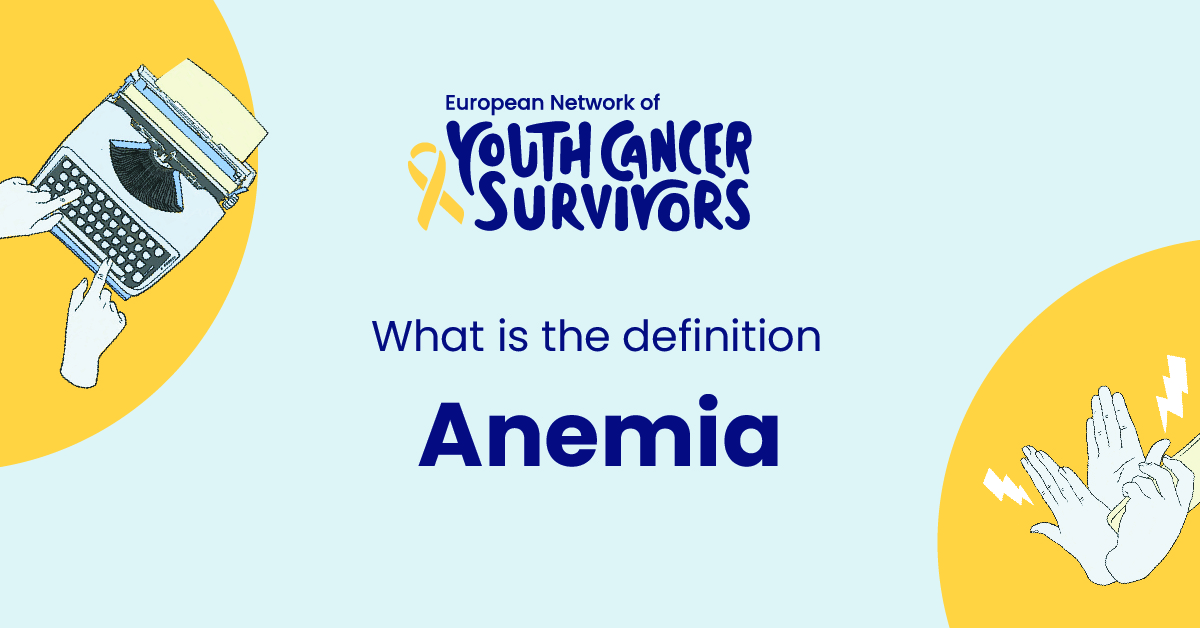
Anemia is a common health condition characterized by a lack of healthy red blood cells in the body. This results in inadequate oxygen supply to the body’s tissues, affecting its functionality and causing a range of symptoms. With a wide array of underlying causes, anemia is more than a singular disease. Its pervasiveness underscores the importance of understanding this health condition.
Defining Anemia
Medical Definition of Anemia
From a medical standpoint, anemia is defined as a deficiency in the number or quality of red blood cells in the body. Clinically, it is diagnosed when the hemoglobin levels in the blood are below the standard range.
Simplifying the Definition of the Lay Person
In simpler terms, anemia means your body doesn’t have enough healthy red blood cells to supply oxygen to your tissues. Consequently, you will feel tired and weak, which are the tell-tale signs of anemia.
The Role of Red Blood Cells in Anemia
Red blood cells play an essential role in the existence of anemia. Produced in the bone marrow, these cells carry oxygen from the lungs to other body tissues. When the body lacks enough healthy red blood cells, tissues are starved of the oxygen necessary for their proper function, leading to anemia.
Causes of Anemia
Nutrient Deficiency as a Cause
Nutrition plays a significant role in the development of anemia. Deficiencies in iron, vitamin B12, and folate can result in decreased red blood cell production, leading to anemia.
Chronic Diseases and Anemia
Chronic diseases, like kidney disease and cancer, can interfere with the production of red blood cells, potentially causing anemia. Inflammatory diseases can also lead to anemia of chronic disease (ACD).
Genetic Factors Leading to Anemia
Genetic factors can also lead to anemia. Conditions such as sickle cell anemia and thalassemia are genetic disorders that affect the structure and production of hemoglobin, causing anemia.
Symptoms and Diagnosis of Anemia
Common Symptoms in Adults and Children
Common symptoms of anemia include fatigue, weakness, pale or yellowish skin, irregular heartbeats, and shortness of breath. In children, symptoms of anemia can also manifest as slowed growth and development, along with behavioral problems.
How is Anemia Diagnosed?
Diagnosis of anemia generally involves a complete blood count (CBC) test, which measures the number of red blood cells and hemoglobin in the blood. Additional tests may be conducted based on the suspected underlying cause.
Importance of Early Diagnosis
Early diagnosis of anemia is crucial. Prolonged anemia can cause serious complications like heart problems due to the heart working harder to pump more oxygen-rich blood.
Get to know us better
If you are reading this, you are in the right place – we do not care who you are and what you do, press the button and follow discussions live

Treatment Options for Anemia
Nutritional Interventions
Treatment for anemia often involves dietary changes. Consuming iron-rich foods, folic acid, and vitamin B12 can help increase the red blood cell count.
Medication and Medical Treatments
Depending on the cause, medications like iron supplements, vitamin B12 injections, or specific drugs for chronic disease-induced anemia may be prescribed.
Surgical Procedures and Other Interventions
In severe cases, treatment for anemia can involve surgical procedures such as blood transfusions or a bone marrow transplant.
Living with Anemia
Daily Life and Management
Managing anemia involves adhering to treatment, avoiding triggers, and maintaining a balanced diet. Regular medical check-ups are also vital.
Precautions to Take
People with anemia should avoid activities that can exacerbate symptoms like heavy exertion, high altitudes, and smoking.
Tips for Coping with Anemia
Regular exercise can aid in improving symptoms of fatigue and weakness. Eating small, frequent meals can also help combat the lack of appetite that sometimes accompanies anemia.
Conclusion
An understanding of anemia and its various underlying causes can greatly assist in its management and help prevent further complications. Facing anemia with knowledge and persistence can help ensure optimum health and well-being.
Frequently Asked Questions
- What is the most common type of Anemia?
Iron deficiency anemia is the most common type.
- Can you die from Anemia?
Severe cases of anemia, if left untreated, can lead to serious health complications that can be fatal.
- What foods should I avoid if I have Anemia?
People with anemia should avoid foods that inhibit iron absorption, like coffee, tea, and foods high in calcium.
- Can Anemia be completely cured?
Depending on the cause, anemia can often be managed effectively with treatment but not always cured.
- How does Anemia affect the body’s function?
Anemia can affect the body’s function by reducing the amount of oxygen that reaches the tissues, which can lead to fatigue and weakness.






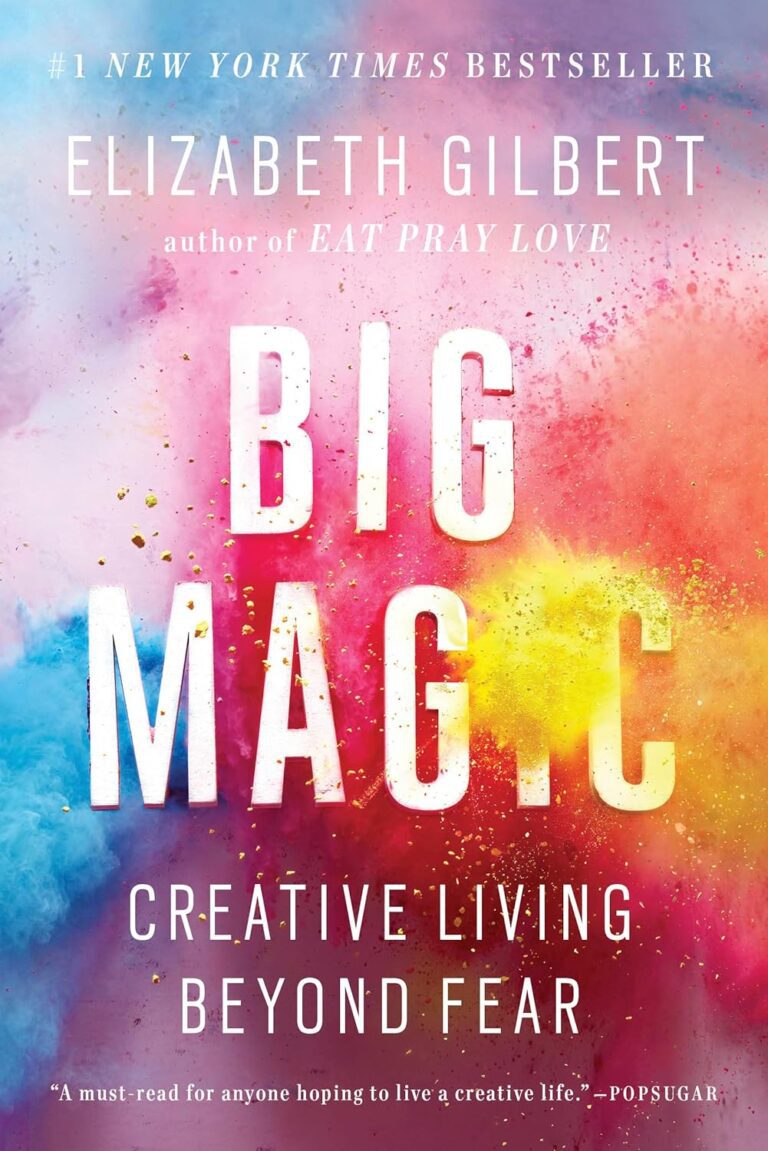
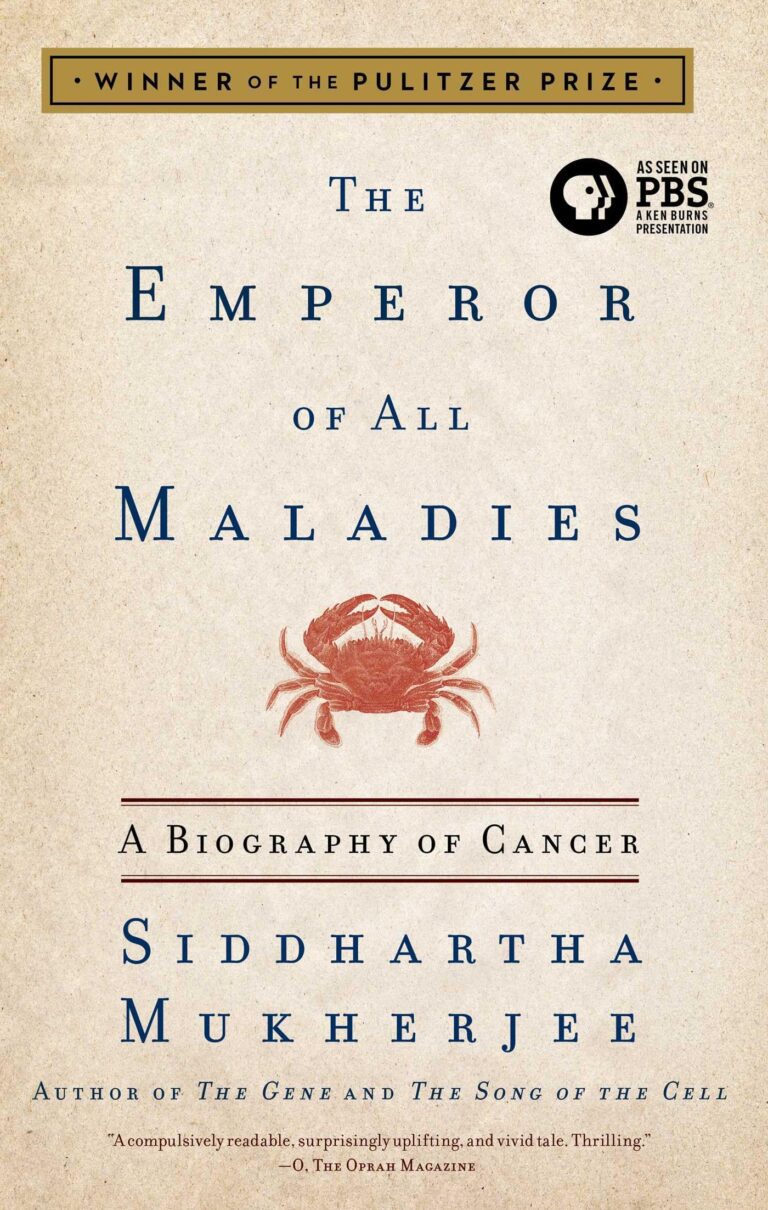

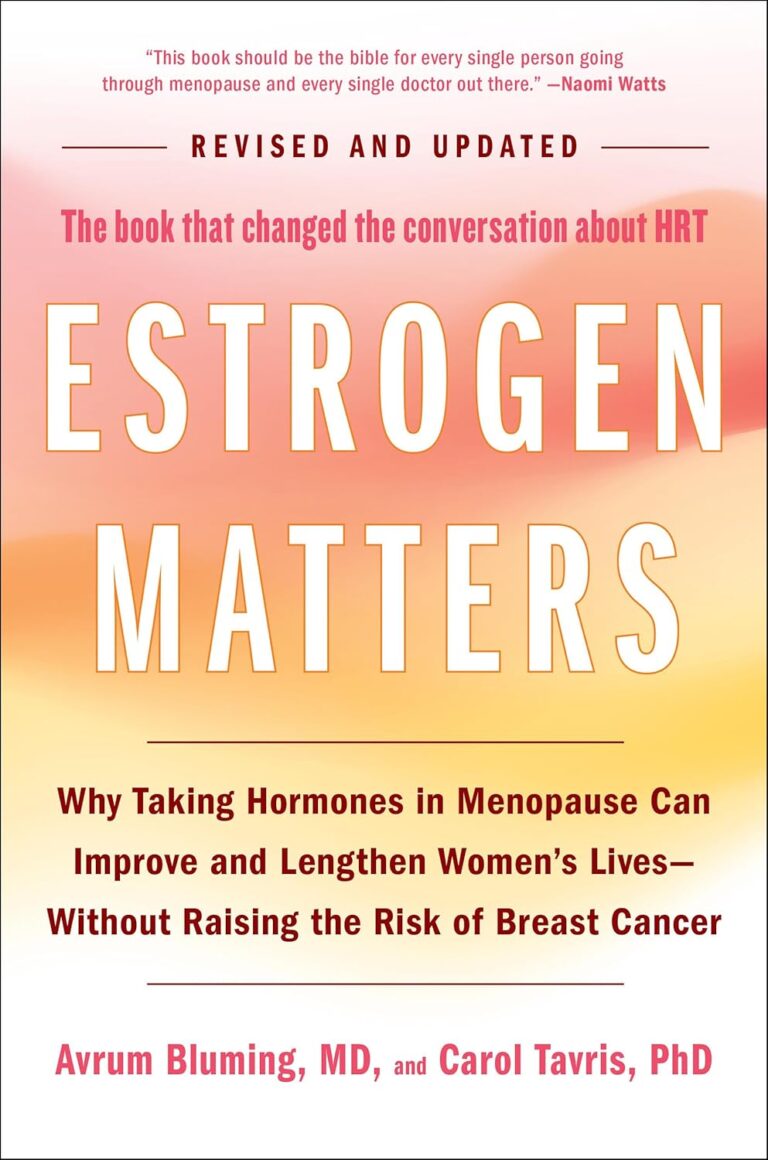

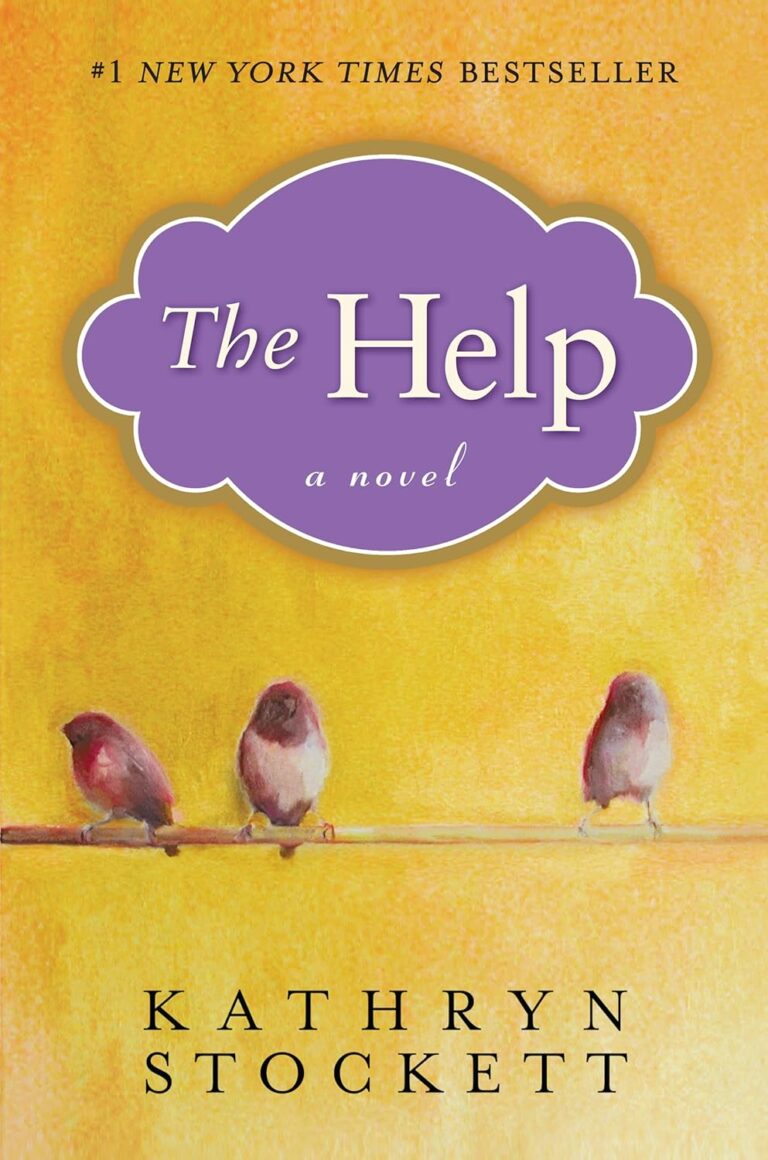
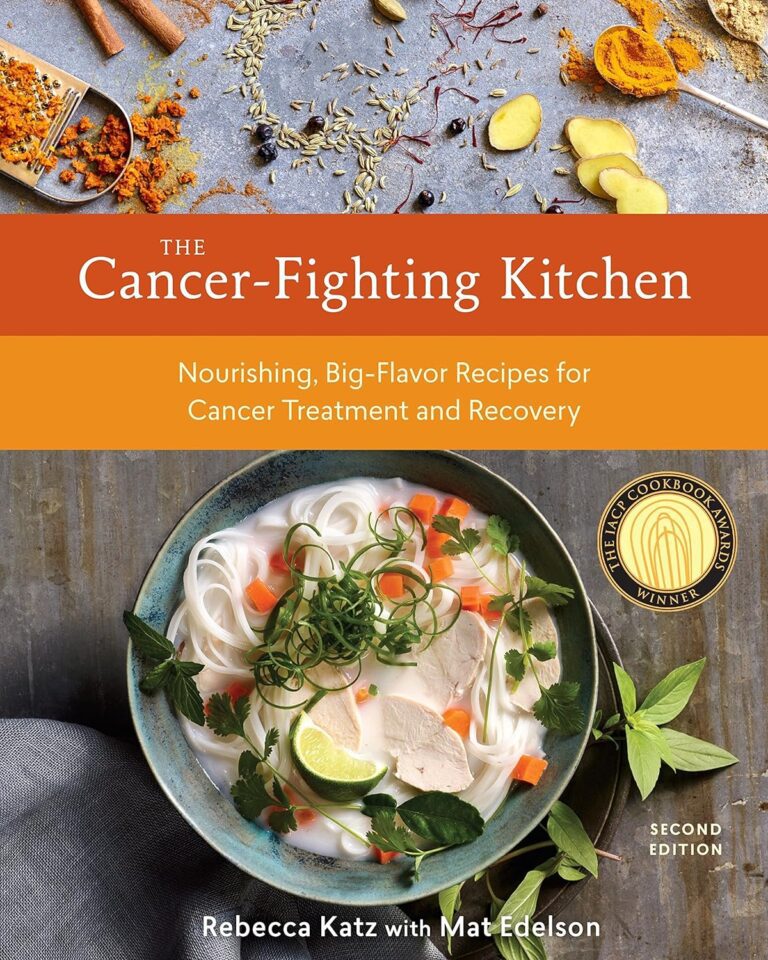
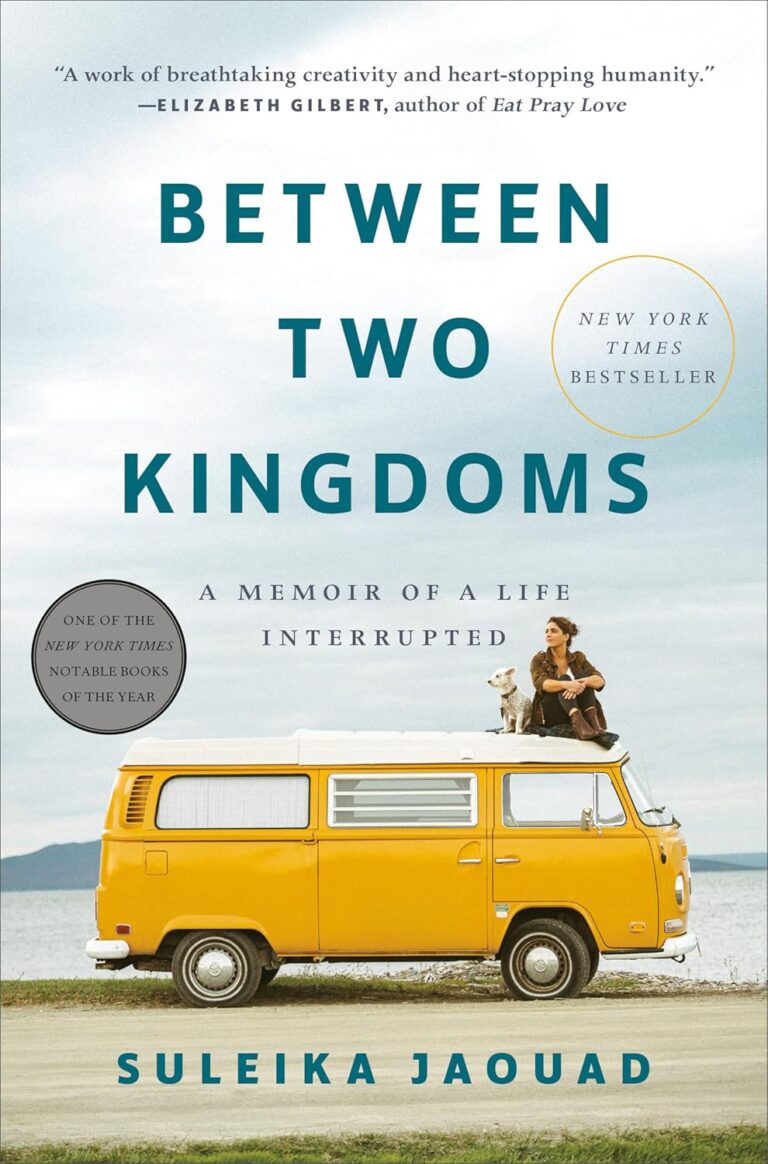
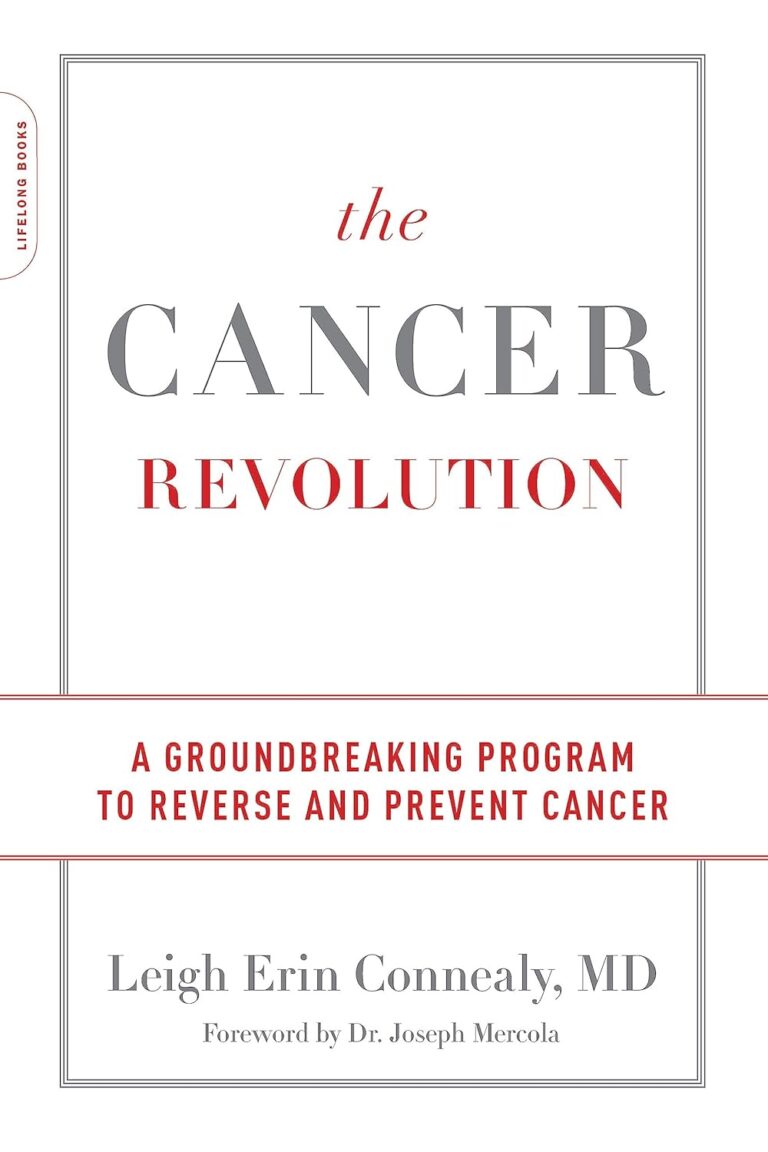
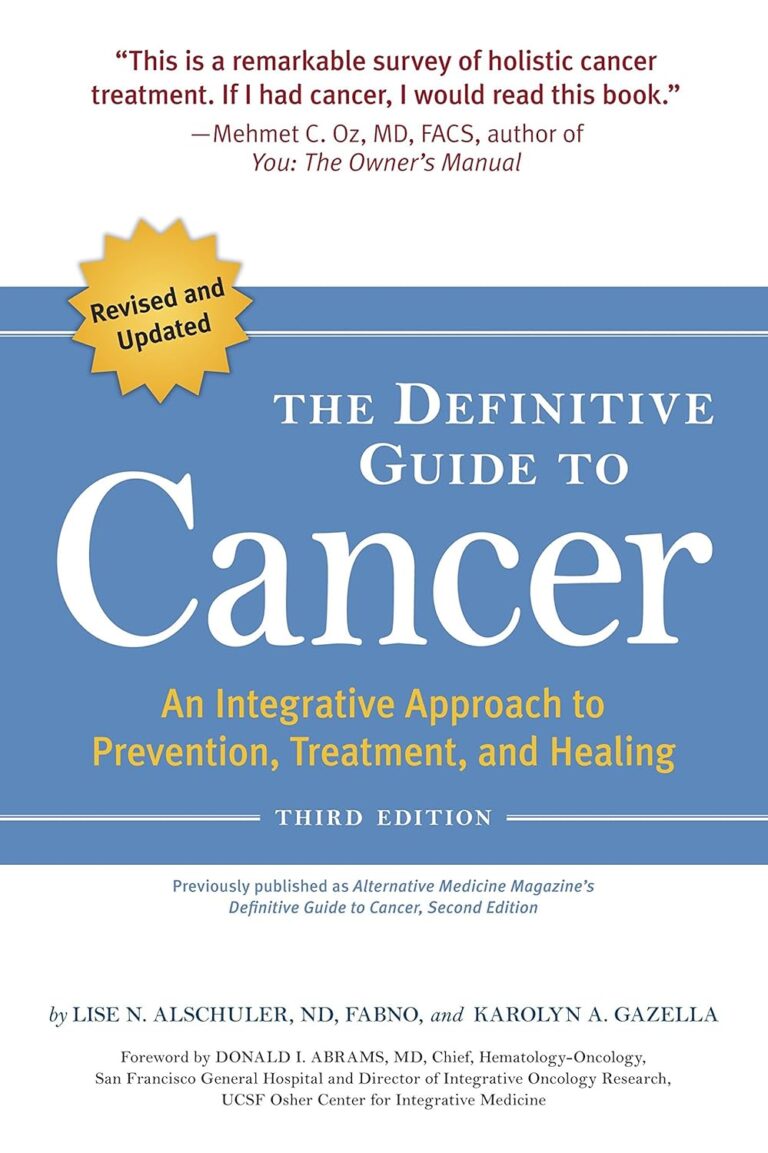

Comments
Thank you. Comment sent for approval.
Something is wrong, try again later